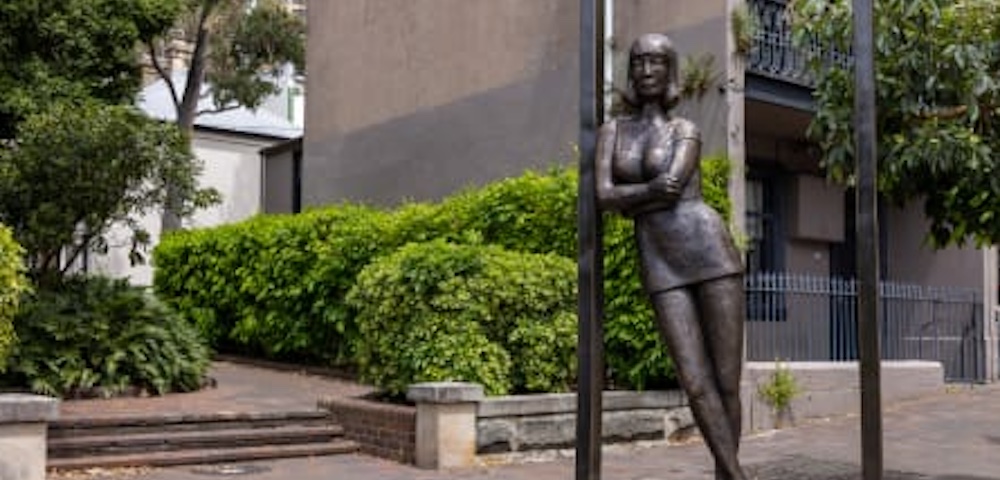
Ketamine and the law
If you read last week’s column you would have seen that increasingly ketamine is being identified as one of the major components of ecstasy pills in Australia. For a long time this caused law enforcement some problems in that if the pills they seized contained only that drug there was very little they could do in terms of prosecution as ketamine was not illegal. However, at the end of last year the NSW government changed the law and as a result you can now be prosecuted for possessing ketamine. Prior to this time ketamine was a scheduled drug under the Poisons And Therapeutic Goods Act which meant that there were strict regulations on the sale and distribution of the substance.
Ketamine has an interesting history but has really grown in popularity with Australian illicit drug users only in the past decade. In 1956 phencyclidine (PCP or angel dust), an anaesthetic with a high safety margin, was first produced. Unfortunately, as the anaesthetic effect wore off, some patients experienced unpleasant hallucinations. Pharmaceutical companies began to search for a similar drug that would not produce the same sort of effects and in 1962 ketamine was first synthesised. Ketamine was first used extensively during the Vietnam War during battlefield surgery. Ketamine started to be used recreationally in the early 1970s, with its use rising in the 1990s.
Recently there have been reports of ketamine use increasing dramatically -“ almost 60 percent of a sample of ecstasy users report trying the drug. In response to this the NSW state government added it to the list of prohibited drugs in New South Wales. This means that it has now been listed under the Drug Misuse And Trafficking Act 1985, ensuring that tougher penalties are in place for dealing with its illicit use.
New penalties for those caught manufacturing or supplying the drug include fines between $5,500 and $550,000 and anywhere from two years to life imprisonment or both. Existing maximum penalties for unauthorised supply of ketamine under the Poisons And Therapeutic Goods Act 1966 are a $2,200 fine or 2 years imprisonment or both. These penalties particularly apply to vets or doctors who have an authority to purchase ketamine for legitimate purposes and then supply it to others.
Ketamine continues to be an important drug and as far as medical use is concerned it is particularly useful in regional hospitals where anesthetists may not be available. It is also useful in open-heart surgery on the elderly where its stimulant properties keep the heart beating throughout the procedure. It is important to note that these changes to introduce tougher penalties for illicit use and/or possession of ketamine will not affect the legitimate medical and veterinary use or possession of the drug.
So be aware that ketamine is now an illegal drug and that there are now real consequences if you get caught with the substance.
Remember: if you do not want any negative consequences, do not use the drug, and no matter how many times you have used a substance, never be blas?









